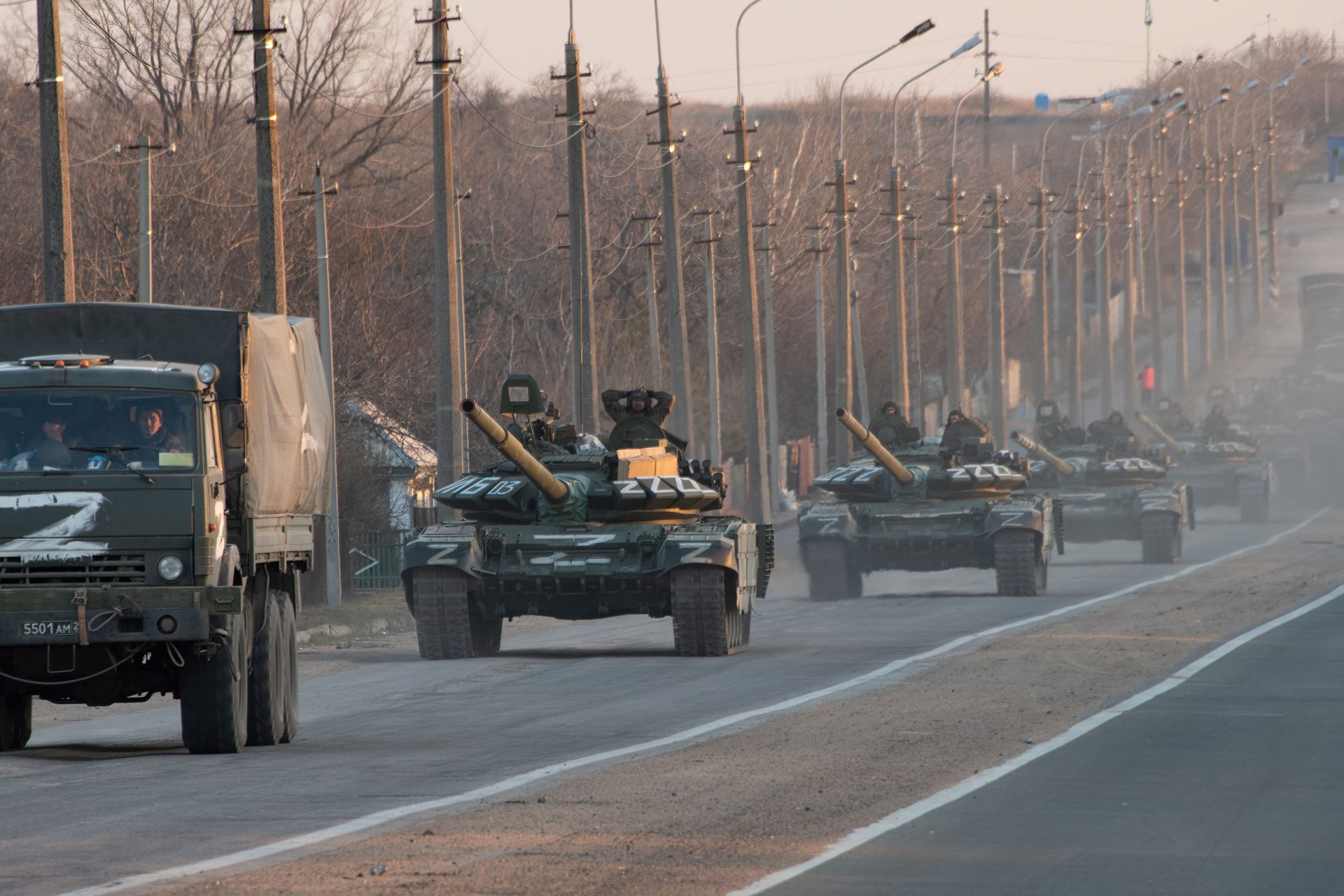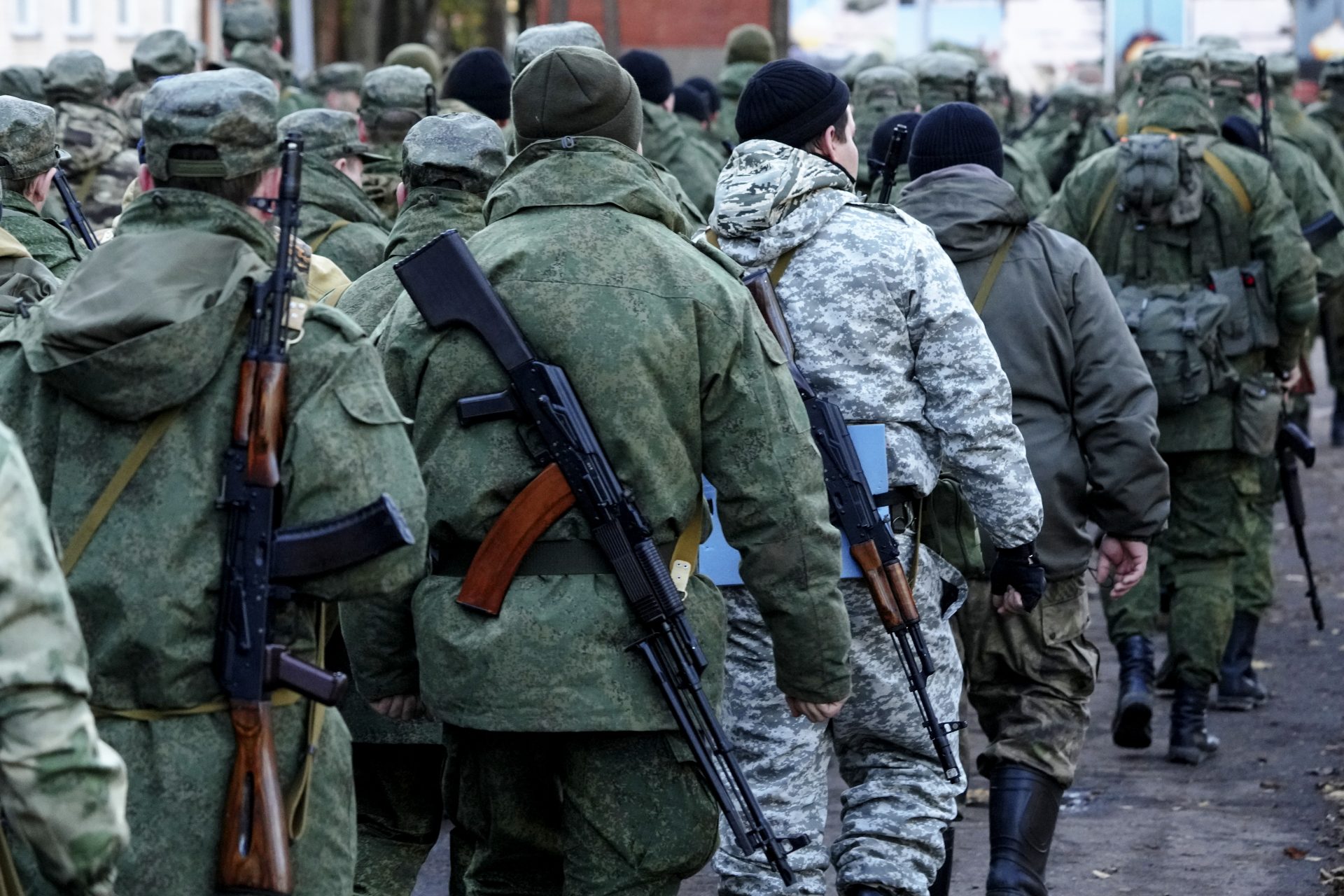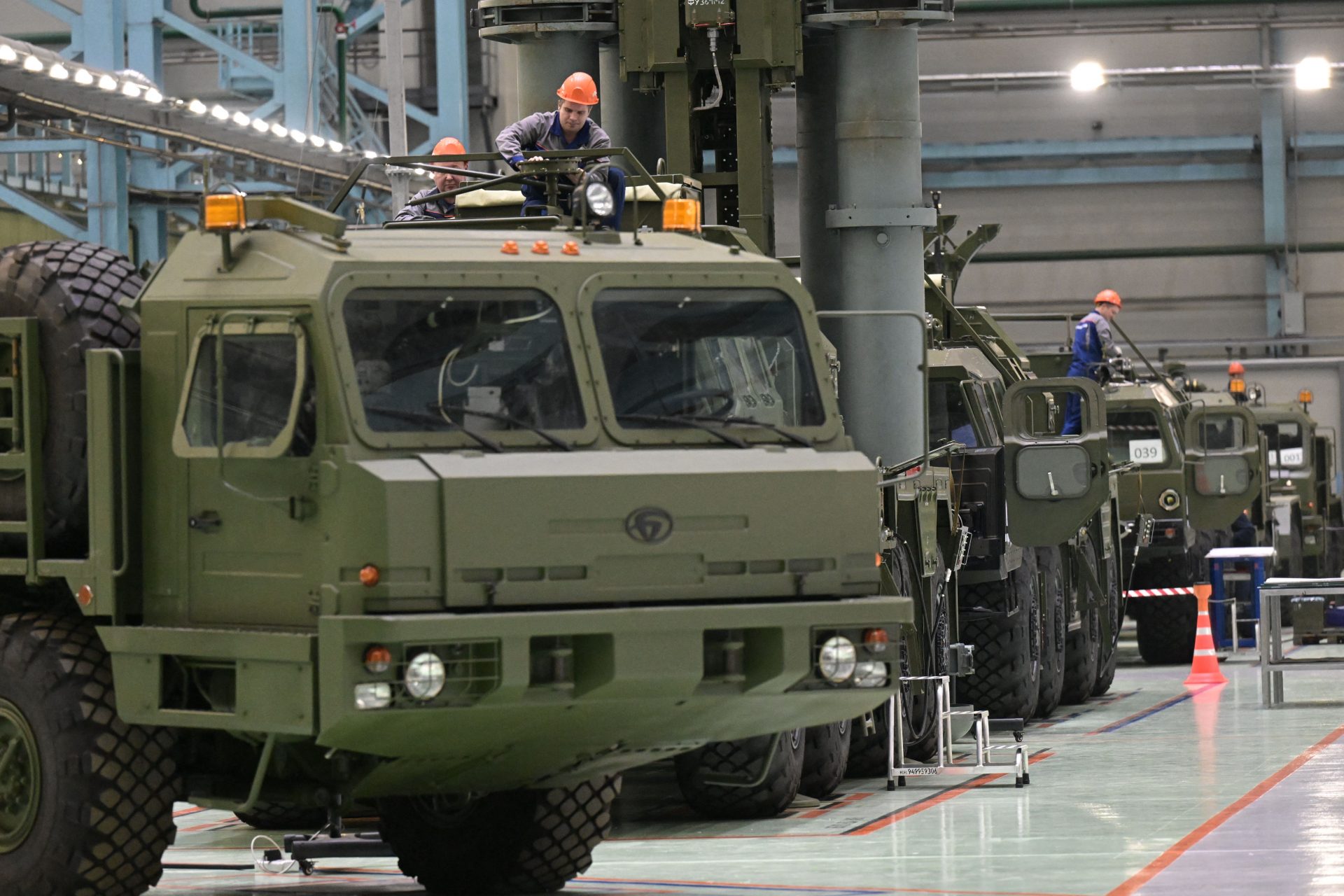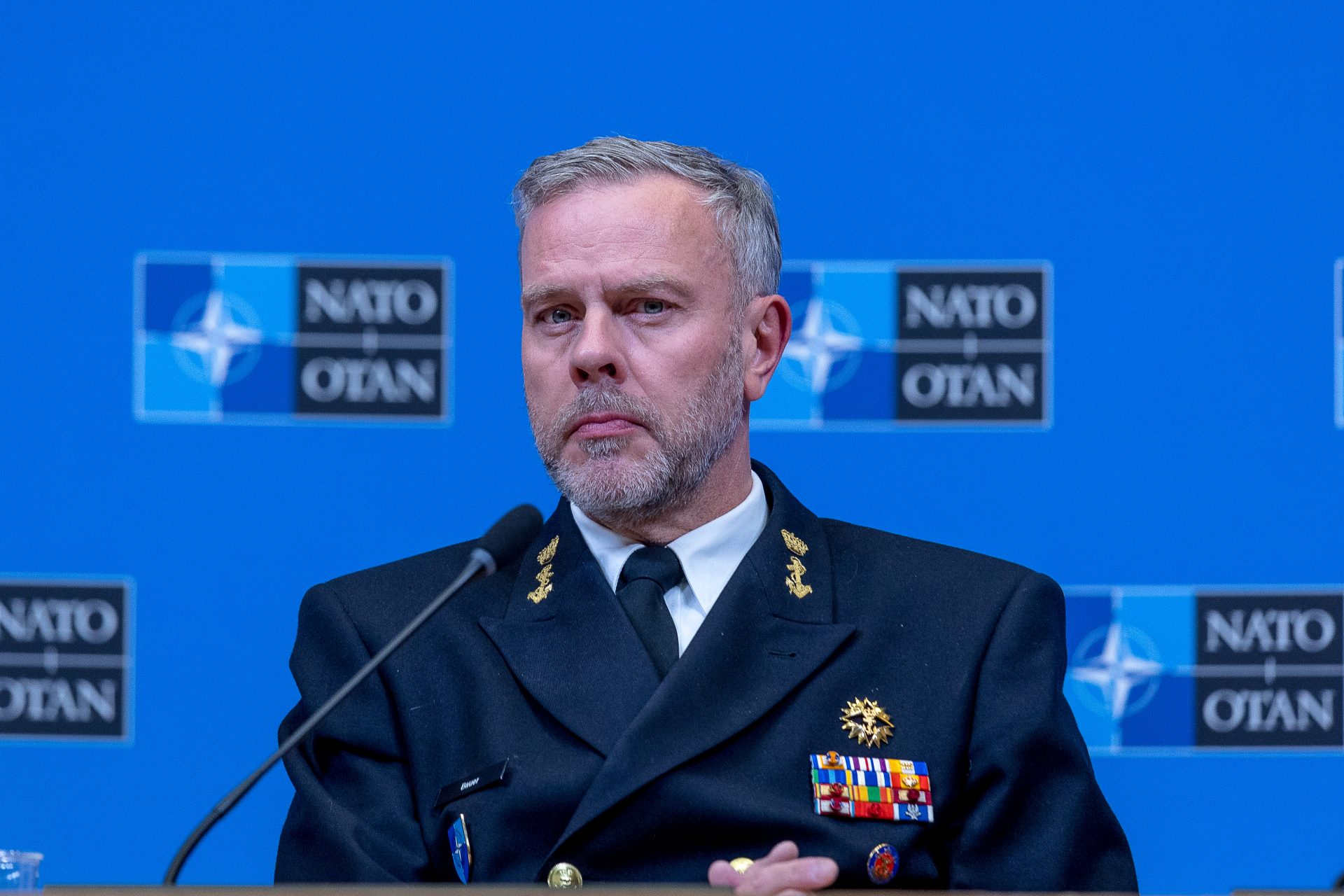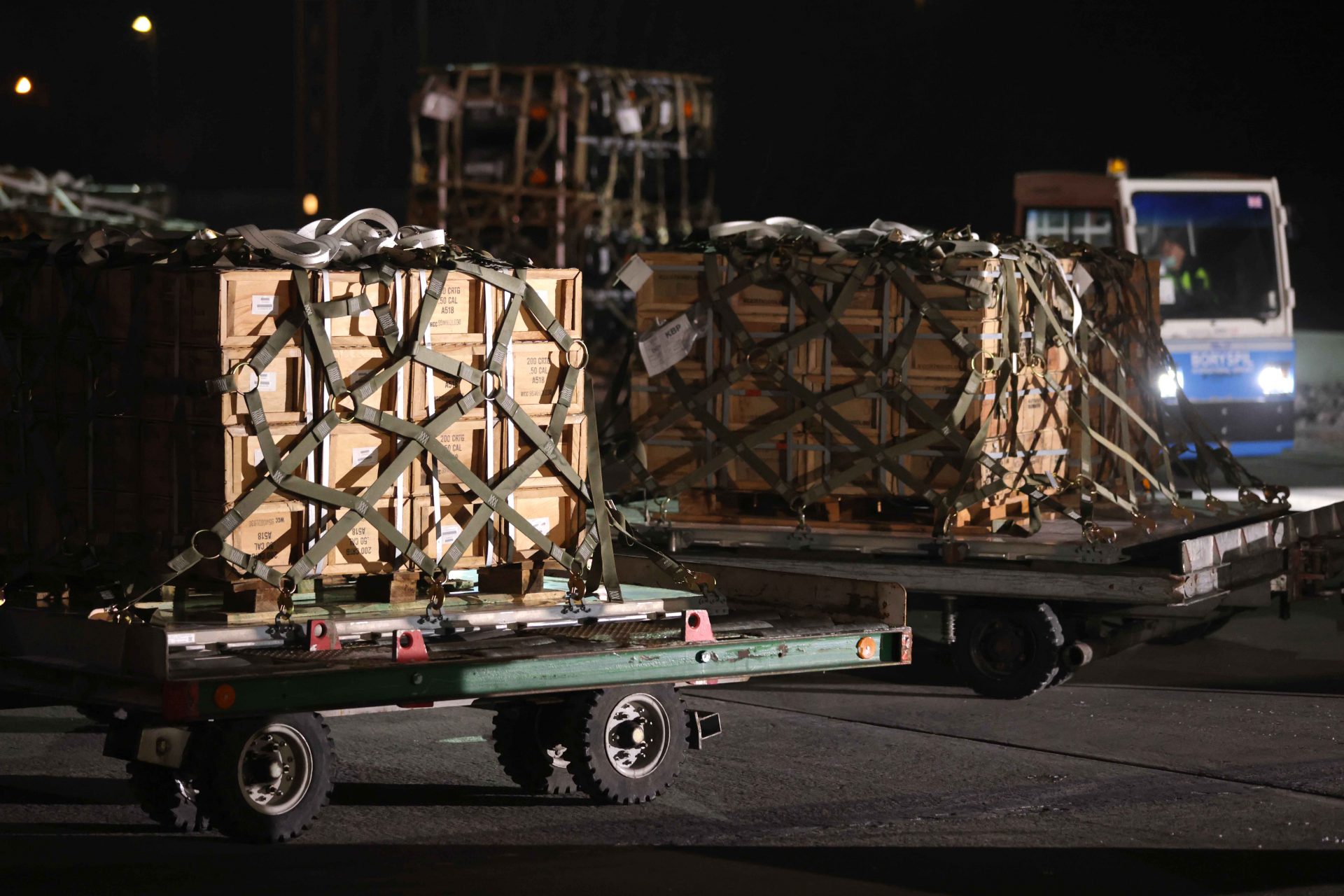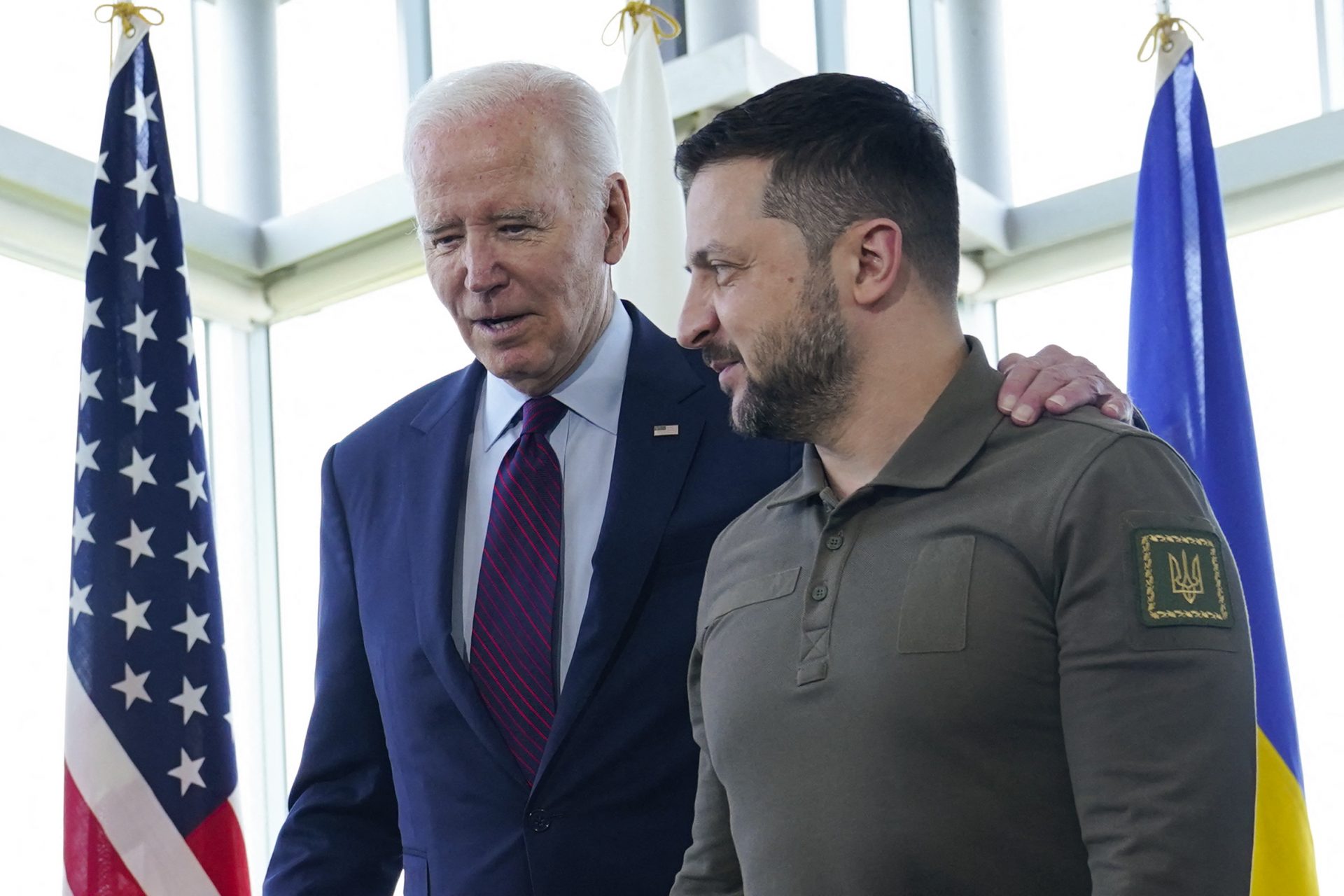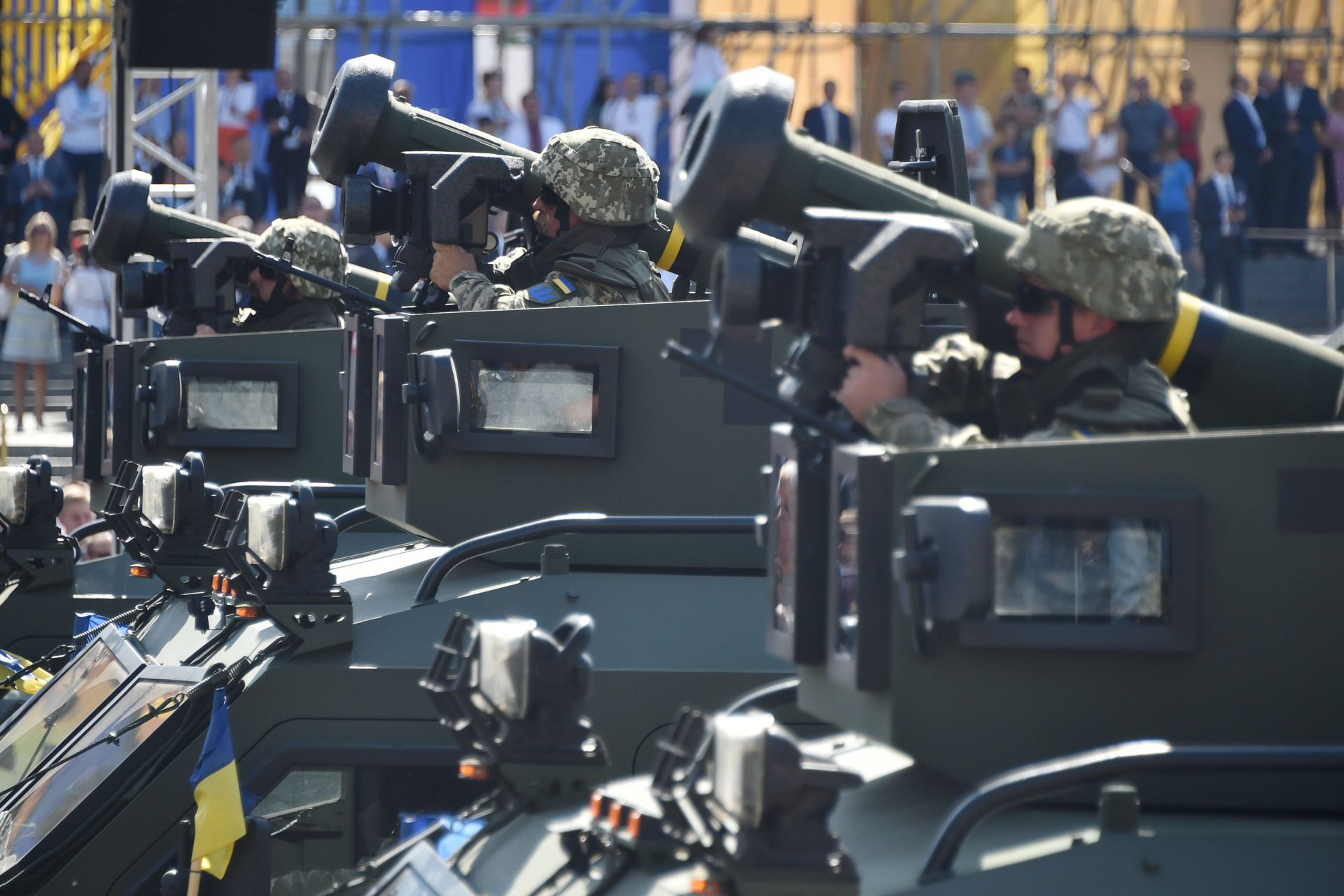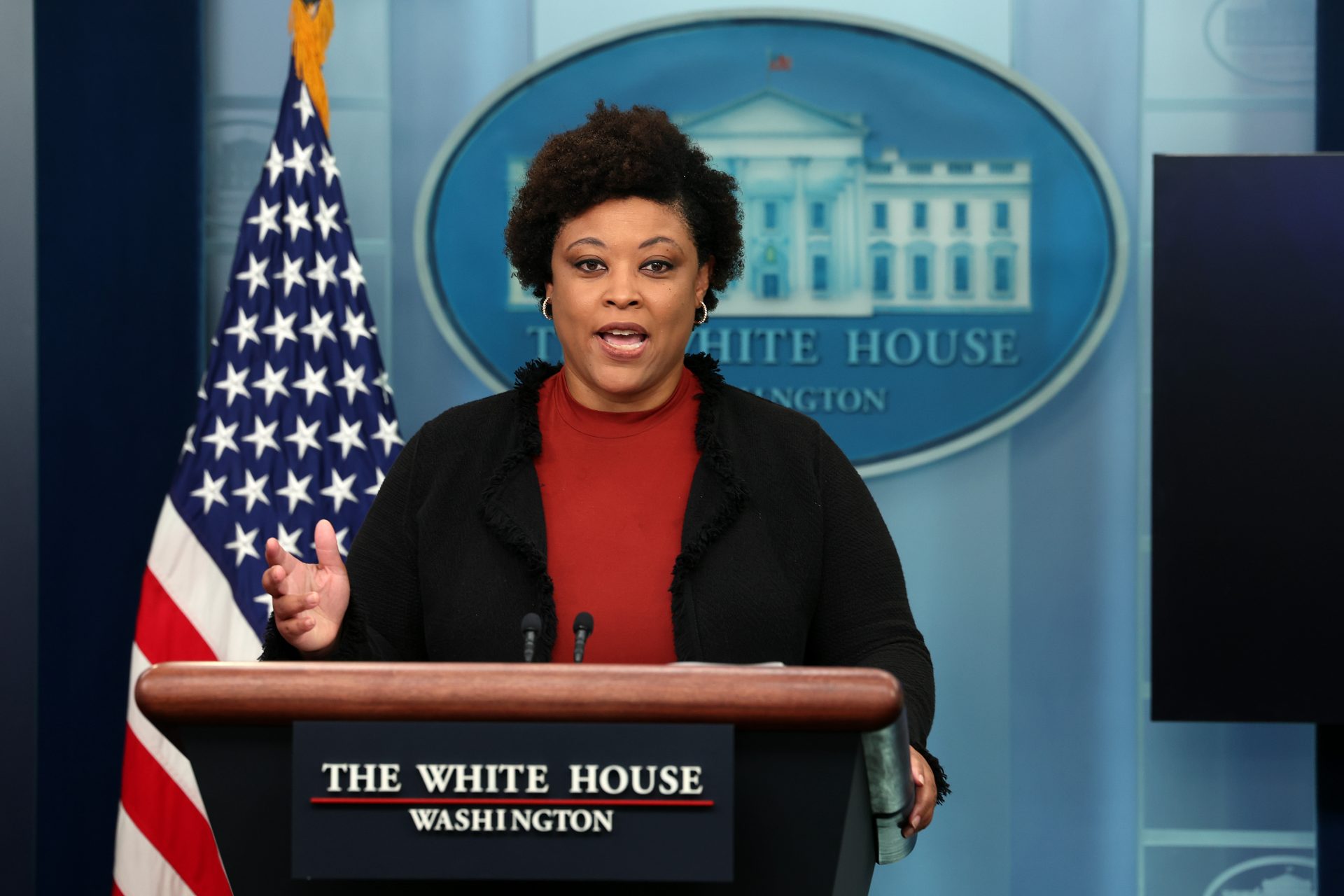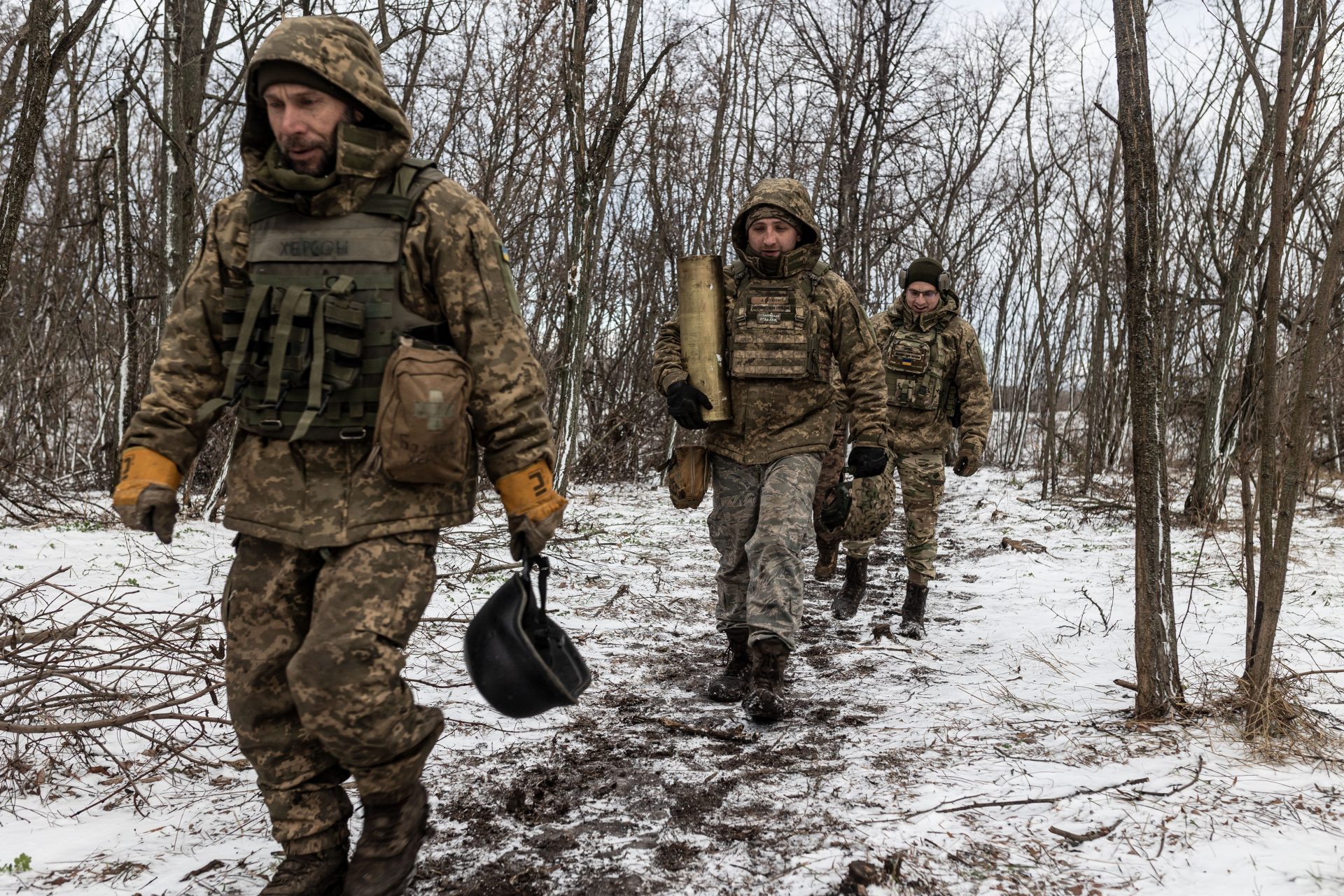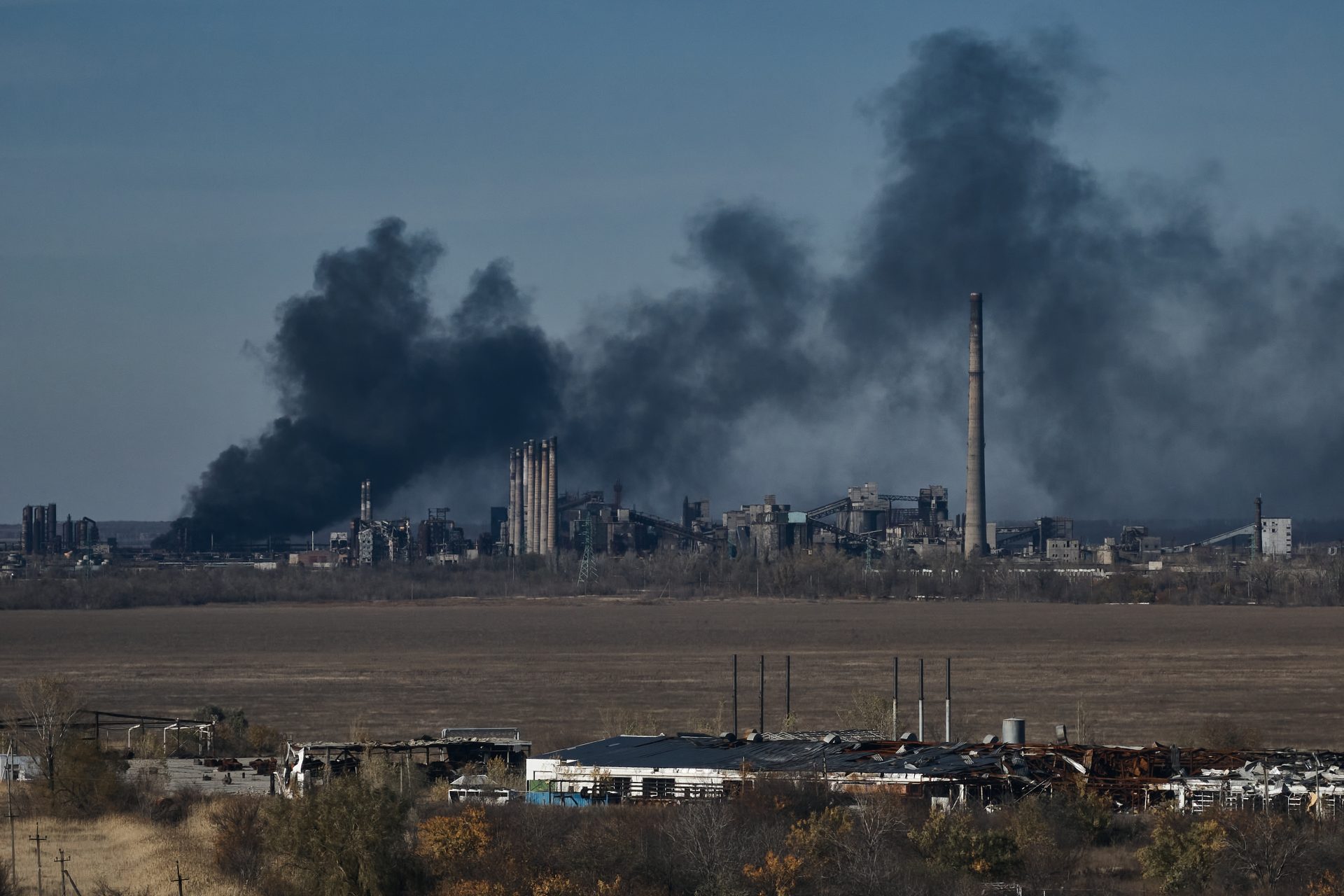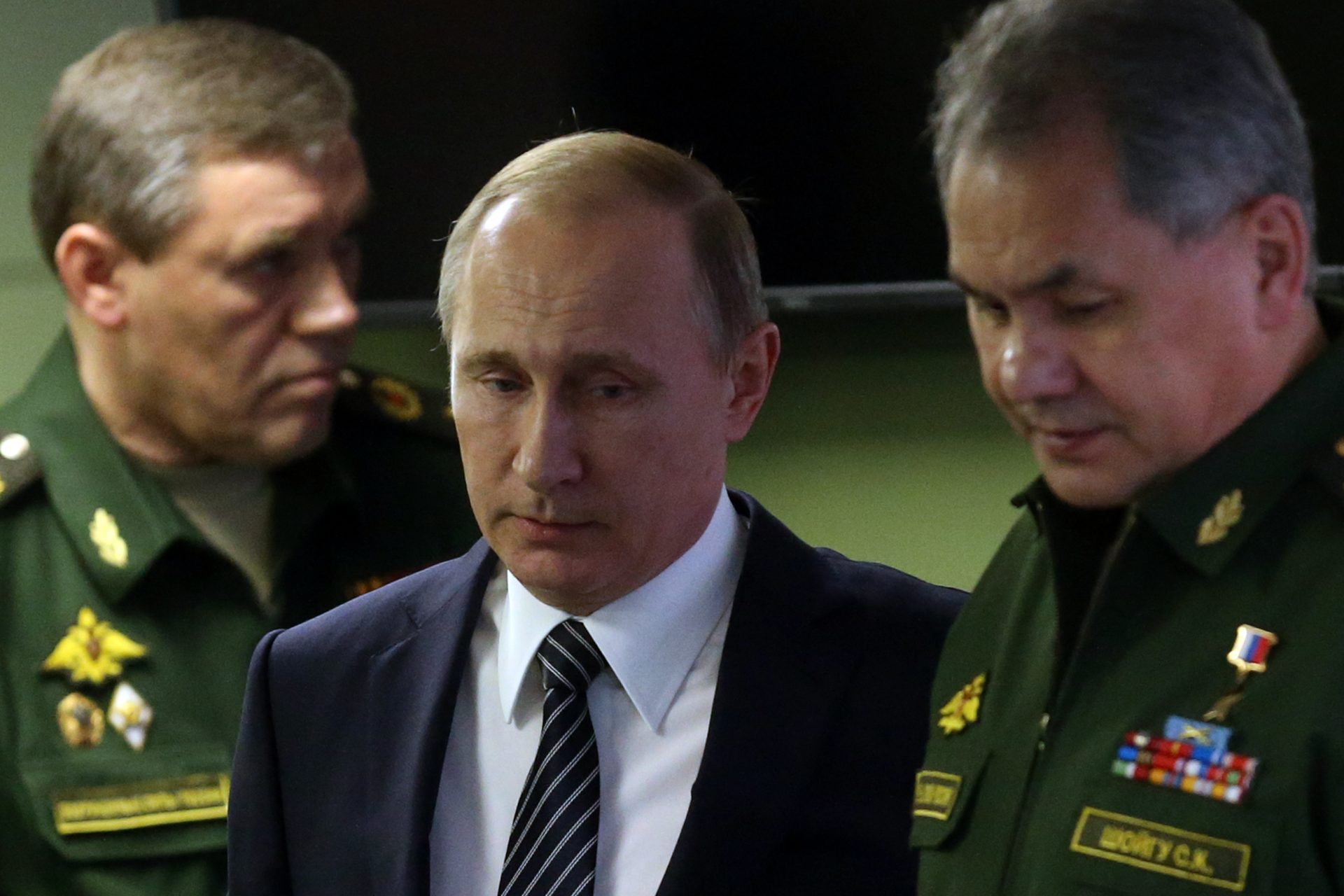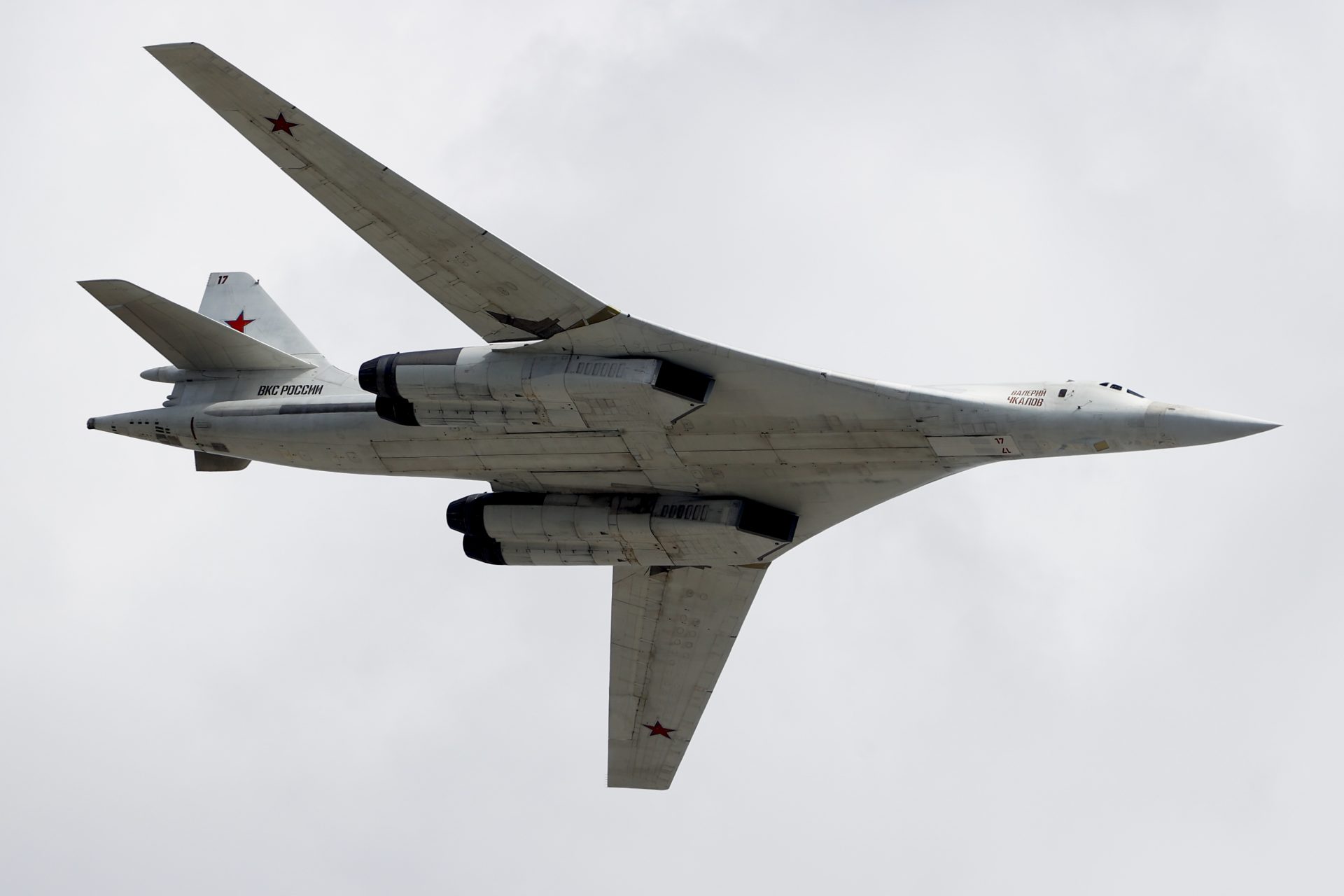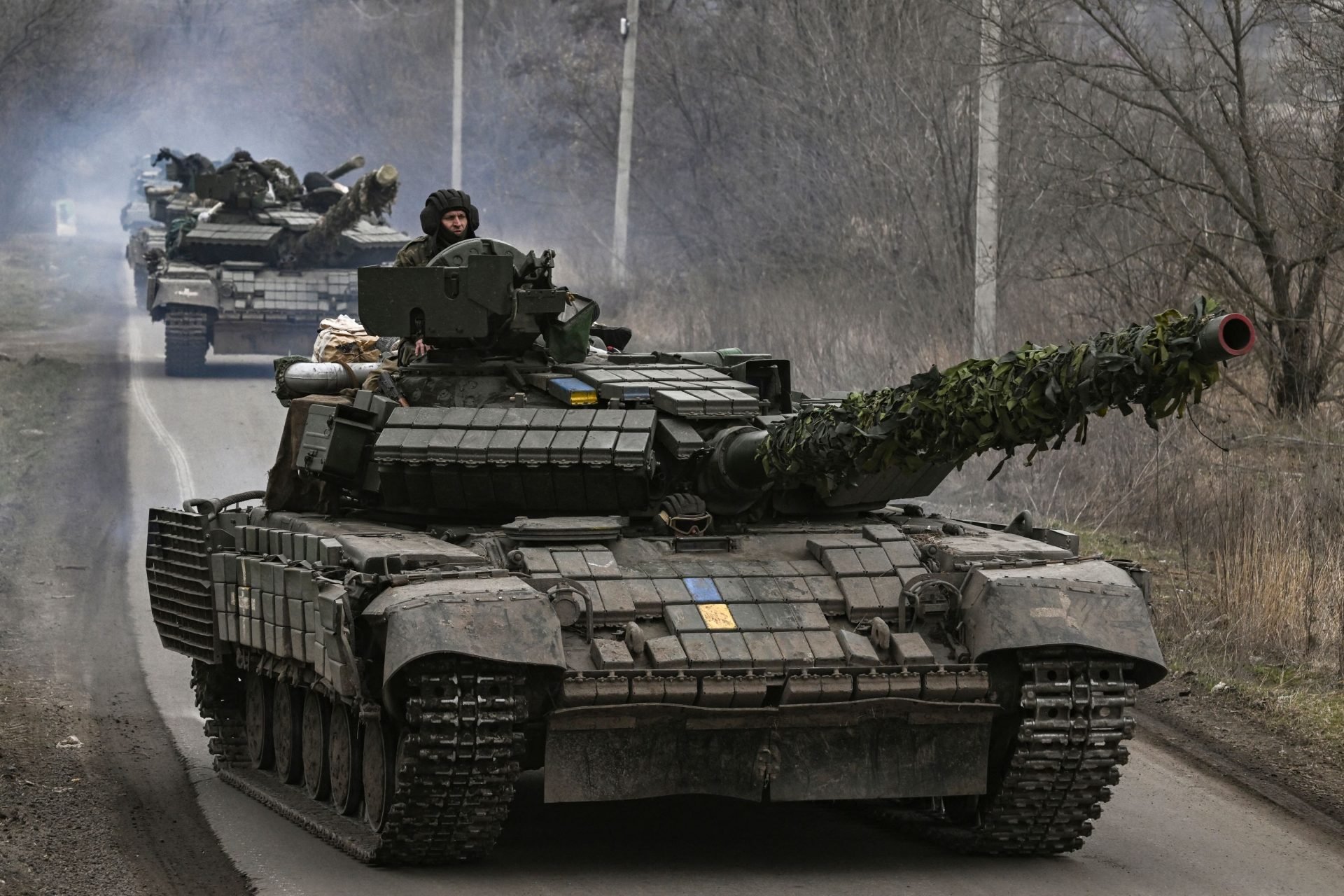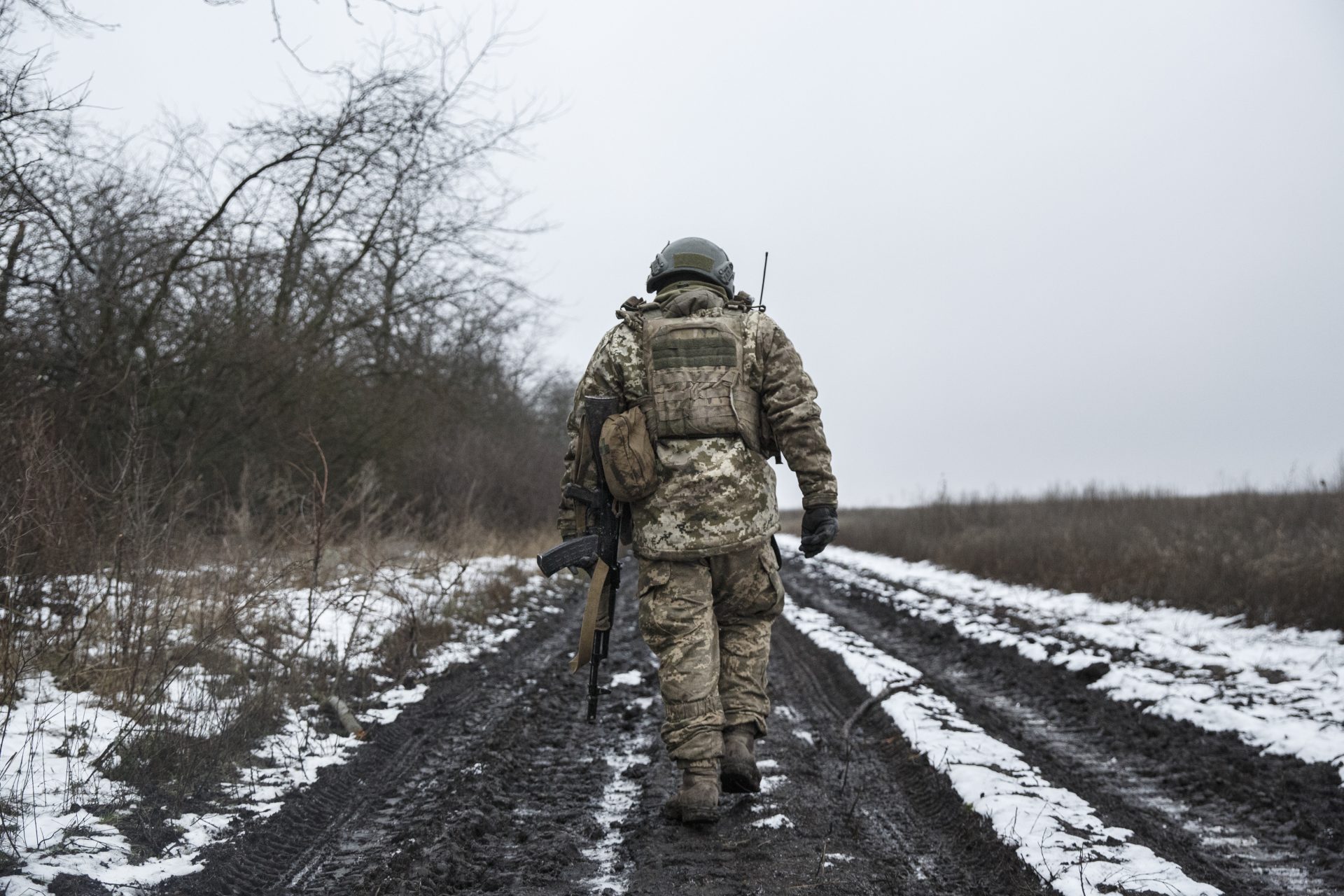Will Putin’s determination to win outlast Ukraine's Western allies?
It’s been nearly two years since Vladimir Putin ordered the full-scale invasion of Ukraine, and for the first time since his troops crossed the border, Russia looks poised to win the conflict through a total commitment to the war.
It’s no secret that Putin and his advisors have been preparing for a long war. Russia has shifted towards more of a war-footing economy in an effort to replace its material losses while the West has backed away from its support.
In a recent Wall Street Journal article, reporter Marcus Walker argued that Russia holds all the advantages in the conflict on the military, political, and economic fronts but noted there was a way Ukraine could emerge victorious.
Walker explained that Russia has the advantage when it comes to manpower since the country has far more men to draw on to replenish its forces whereas Ukraine does not and is running low on its well-trained infantrymen.
The Russian economy is also being utilized. Strong oil demand has allowed Moscow to fund weapon production at a time when military aid for Ukraine from Europe and the U.S. is drying up for a variety of worrying reasons.
In Europe, ammunition and weapons stockpiles have reached “the bottom of the barrel” according to Admiral Rob Bauer, Chair of the NATO Military Committee, who explained the situation at the Warsaw Security Conference.
“We give away weapons systems to Ukraine, which is great, and ammunition, but not from full warehouses,” Admiral Bauer said according to a CNN quote of his comments. “We started to give away from half-full or lower warehouses in Europe.”
Europe’s supply issues wouldn’t be as large of a problem for Kyiv if its most important ally, the United States, wasn’t battling through political partisanship on the issue. Budget disputes have threatened to cut off the flow of weapons and money.
On December 4th, the White House sounded the alarm on the issue when the Office of Management and Budget director, Shalanda Young, sent a letter to congressional leaders warning that the United States was out of aid funds.
“I want to be clear: without congressional action, by the end of the year we will run out of resources to procure more weapons and equipment for Ukraine and to provide equipment from U.S. military stocks.” Young wrote according to The Hill.
“There is no magical pot of funding available to meet this moment, “ Young added “We are out of money—and nearly out of time.” Sadly, this situation may provide Putin with the opportunity that he’s been waiting for since the war began.
Russia is a long way off from conquering Ukraine according to Marcus Walker, and its military is only achieving minor incremental gains in its current offensives like the one that is unfolding around the Ukrianian-held town of Avdiivka.
However, Russia’s war footing will eventually propel Putin into a position where he could etch out a victory in Ukraine. However, the outcome isn’t certain. Michael Kofman of the Carnegie Endowment for International Peace believes 2024 could be the turning point.
“The material advantages in 2024 are principally on Russia’s side, but they don’t appear decisive enough that Russia will be able to achieve its political aims,” Kofman explained to the Wall Street Journal about Russia’s position in the new year.
“It’s inaccurate to suggest that Russia is winning the war,” Kofman said. “However, if the right choices are not made next year on Ukraine’s approach and Western resourcing, then Ukraine’s prospects for success look dim.”
For Kofman, the road to a Ukrainian victory lies in Kyiv's ability to reconstitute its forces after its offensive and fortify its frontlines. “If that doesn’t happen, then next year can become a turning point, after which Ukraine will increasingly become disadvantaged.”
However, Ukraine won’t be able to properly reconstitute its fighting force without help from the West. Training and supplying new brigades and reinforcements will take time, and Ukraine's allies don’t seem as committed to the fight as Putin and his advisors.
More for you
Top Stories





